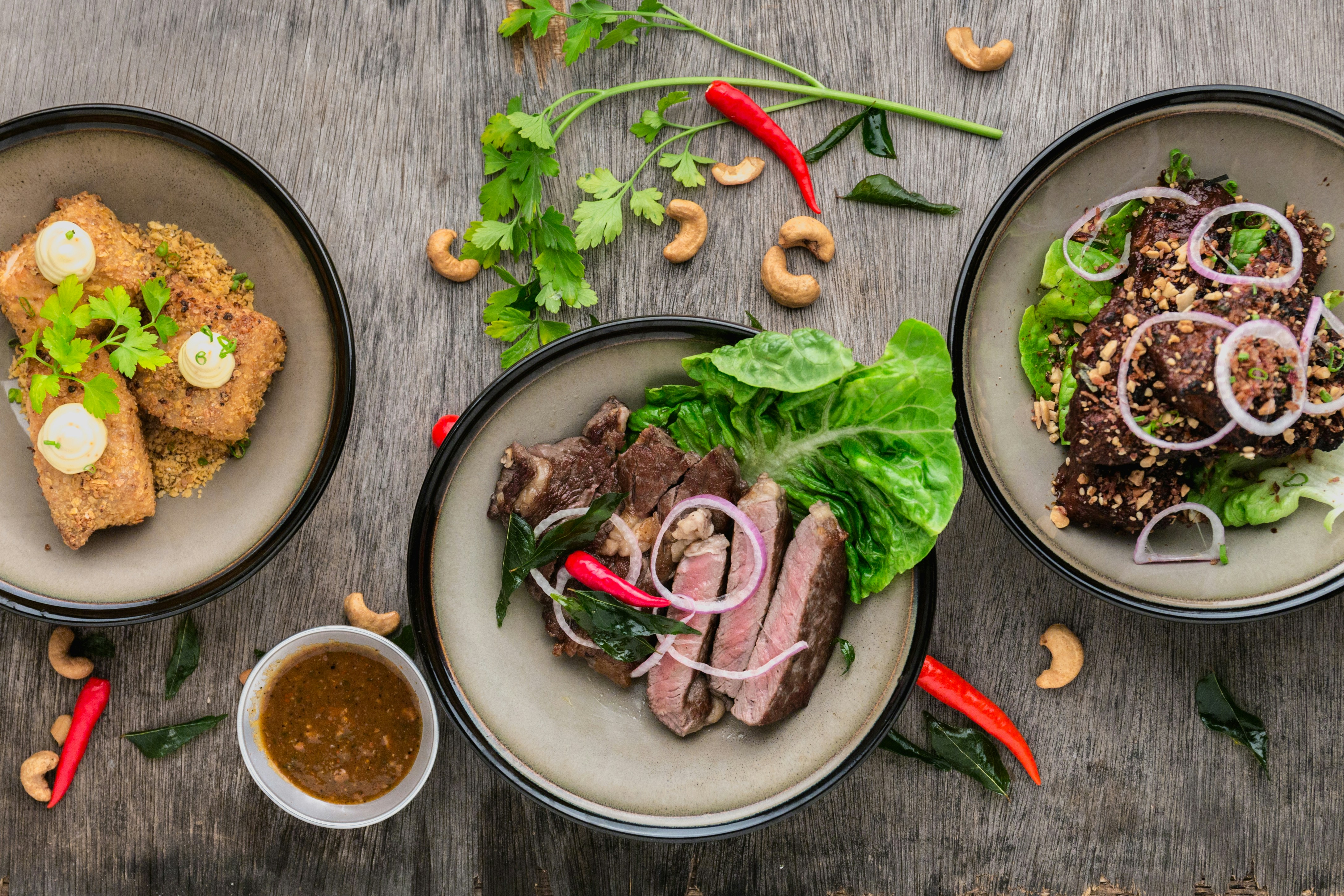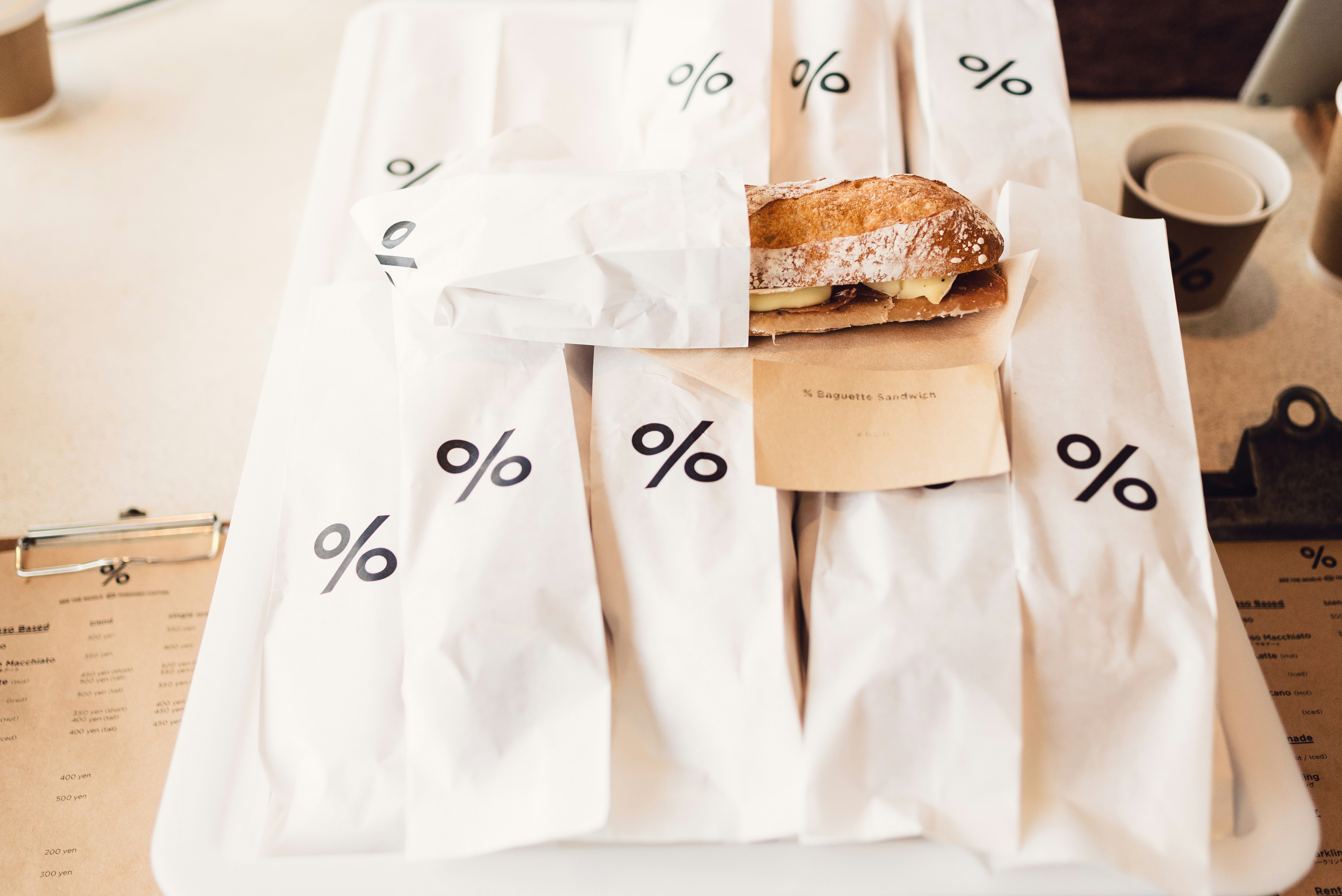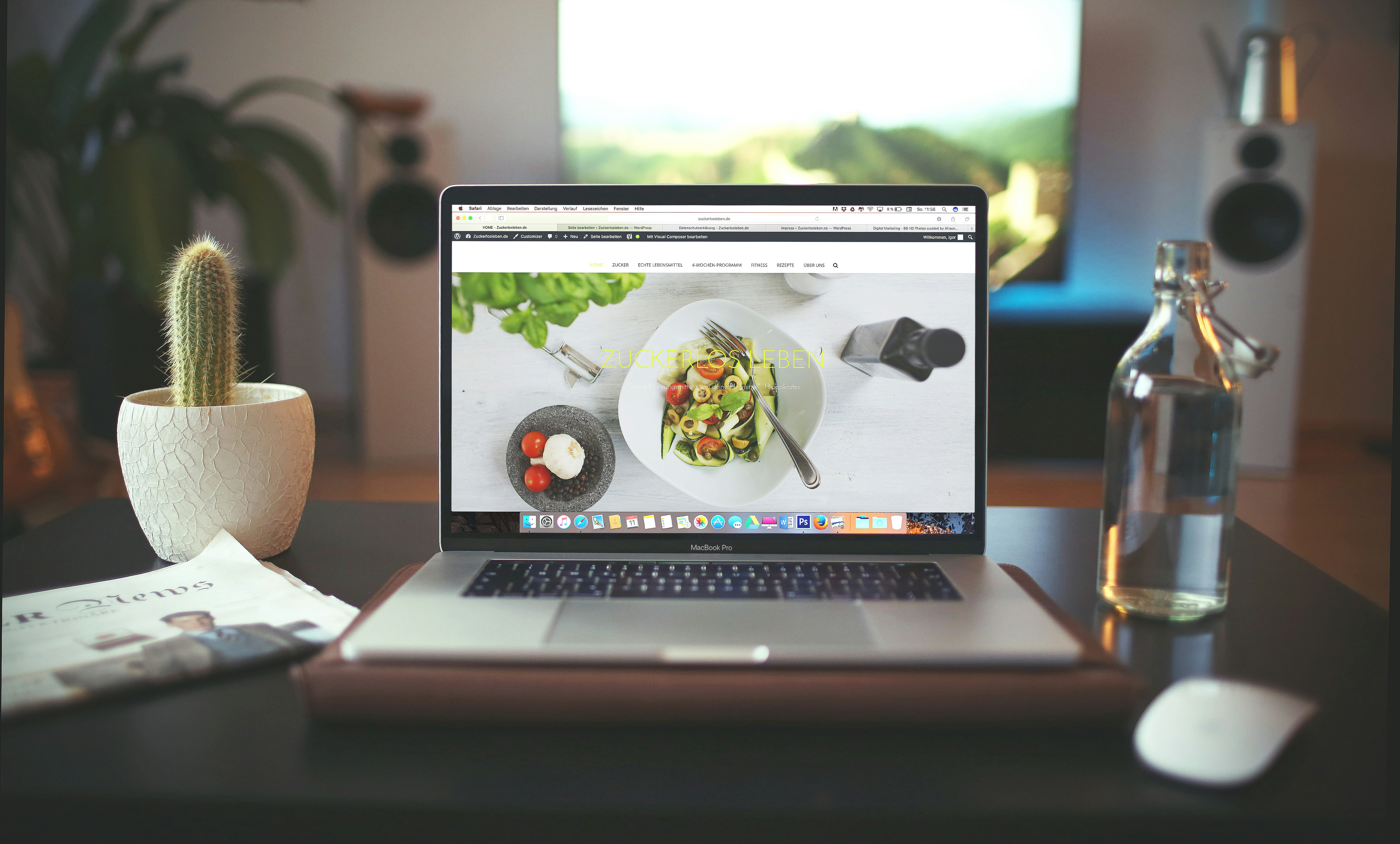Do you dream about owning your own food business? You don't need to set up an entire company or hire several team members. The best way to begin is from your kitchen. A home business has several advantages. For example, you can prepare, package, and sell food items from the comfort of your home. You also work for yourself and set your business hours.
However, there are some things to consider before you begin. First, you have to decide what food products you want to sell. You then have to focus on food packaging and food safety. And finally, you have to promote your brand to help run a successful business. Here’s more information on the best practices for starting a food business from home.
Consider all of your options.

Will you cook the food items from scratch, or source them? You don’t have to be a kitchen expert to start a food business from home. If you love food, have a knack for business, and don’t want to use your kitchen, consider food curation. You can partner with local chefs or home-cooks who can make artisanal food products.
If you do plan to cook your food items, source ingredients wisely. Instead of visiting local grocery stores, go to the source. Partnering with a supplier or a local farmer are some of the best ways to do this. If you don’t have the brand name for this yet, visit wholesale stores.
Make sure it’s legal.
Did you know that states have different laws when it comes to home or small-scale food businesses? In some parts of the United States, local artisan food laws help small businesses flourish. However, check that what you plan to sell is legally allowed in your location. There are different laws regarding home-based and commercial kitchens as well. You can get around some of these laws with a co-op commercial kitchen space.
Once you’ve made sure you can sell your food items, don’t forget to register your business. Check the FDA regulations around home-based businesses, food safety, and food packaging laws. Get all your licenses and permits before you begin, so there’s no legal trouble in your future.
Save on the little things.

Do you have a favorite store for your cupcake boxes? Do you want to put handmade, personalized labels on each container? Most of your ingredient and packaging decisions will depend on demand.
However, saving on packaging and delivery will help you focus on quality ingredients. However, you will have to package food items in a material that is free of any adverse health effects. Remember that saving doesn’t mean buying poor packaging, as this can compromise the food safety of your products.
While cute packaging can help sell your food products, it can also bankrupt you. So, make wise food packaging decisions. Branding is also important — your food packaging should appeal to customers.
After all, how you present your food matters almost as much as the food items. To buy in bulk, search for companies that supply food contact materials to fast food restaurants. If you’re starting small, search for independent companies. Buy everything from grease-resistant food packaging to food contact materials from one place.
Focus on your business plan.

So, you’re a good cook, and everyone loves your food. And, you enjoy cooking for a crowd. While that’s important, it’s not enough for a successful food business. Goal setting is the best way to ensure success. A solid business plan and ambitious goals will help keep your business afloat — even if it is out of your kitchen.
Also, you should conduct market research before you begin. Will the food products you like to cook sell well? How much can you price the food items? How long before you break even? Some food spaces are over-saturated and will be hard to break into as a newcomer. Unless you are rich or have proper funding, it’s best to tap into a specific niche. Think of how you will promote the business. Can you do all the cooking yourself? If you have a small kitchen, consider how much it will cost to rent out a commercial kitchen space.
Continue to focus on your company strategy even after you set up your business. Track your key results and have team members (if any) take part in future goal setting. If you need help, invest in OKRs.
An OKR system will allow you to work with a sales team to set ambitious goals and focus on measurable results. You can track your progress, and find different ways to improve profit margins. Invest in business planning tools now so that you can plan for success rather than simply hoping for it.
Sell your brand.

You will sell more food products if more people know about and are inspired by your brand. Focus on everything from your logo to your name. And make sure you spread the word. Don’t just depend on referrals and word of mouth.
The internet plays an important role in home-business marketing. List your food products online and offer giveaways and discounts. Set up a website, social media pages, and reach out to local publications.
You don’t need a PR team to promote your business. Local newspapers and magazines often profile home business owners. Contact them to help spread the word. Connect with customers online, post regularly, and comment on reviews. An excellent online presence will translate well into sales for your food products.


I’m soooo happy through your blog posts, and waiting for the upcoming posts.erp software dubai
ReplyDelete